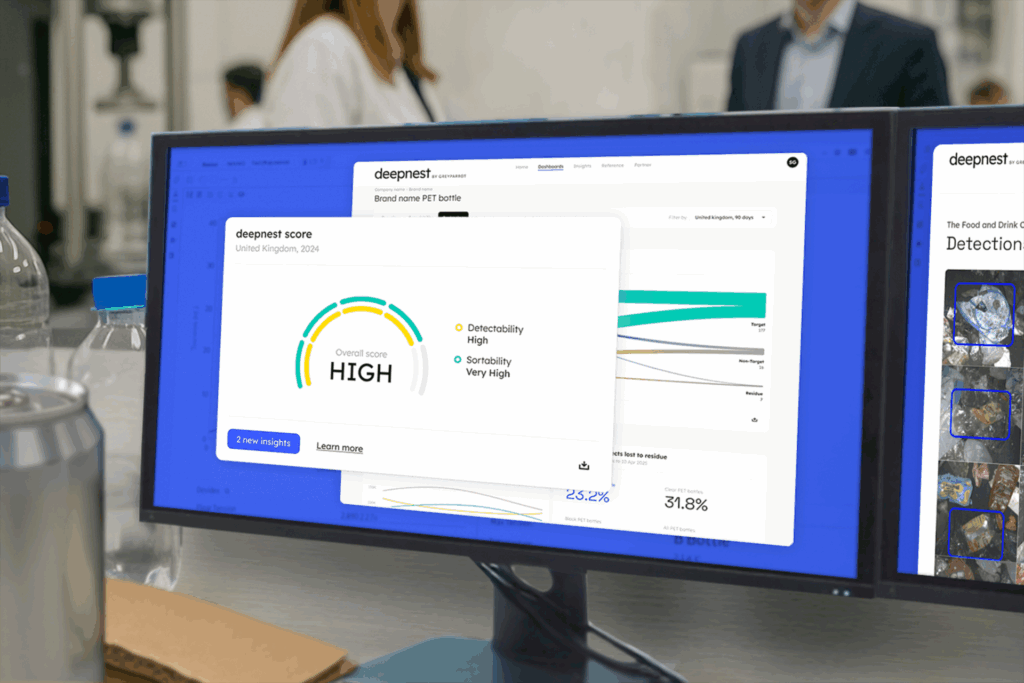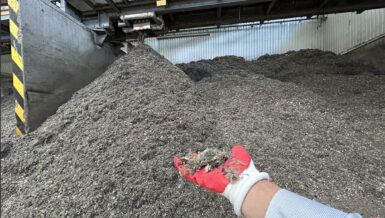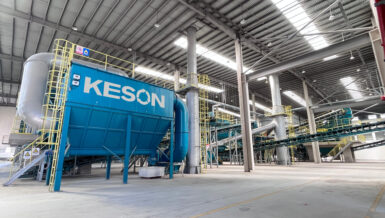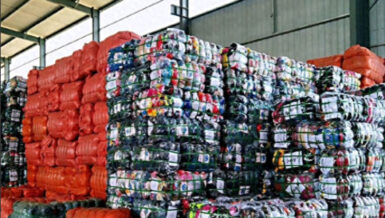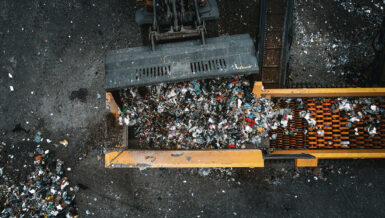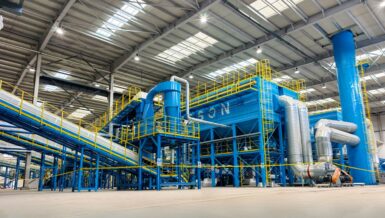Unilever, Asahi and Amcor are among the initial global brands and packaging producers trialling Deepnest to design more sustainable packaging.
Over the past five years, Greyparrot Analyzer, the company’s AI camera system, has been deployed in sorting and recycling facilities across more than 20 countries. In 2024 alone, Analyzers detected over 40 billion waste objects, providing an unparalleled, real-world view into what’s actually sorted, recycled, or lost. That data makes it clear that waste managers alone cannot solve sorting and recovery challenges.
“Too often, packaging that’s theoretically recyclable never makes it through the system as intended. Either it can’t be correctly identified by the sorting machines, or it’s made from materials with no viable end market,” said Gaspard Duthilleul, COO at Greyparrot. “That’s why we built Deepnest, not just for brands, but to take a systemic approach that supports the entire value chain. Waste managers need packaging to be designed for recovery, and brands need to understand what works and what doesn’t in real-world conditions, and at scale. Deepnest helps close that loop.”
With less than 1% of waste currently audited manually, Deepnest fills a critical gap. It turns large-scale waste data into actionable insights for brands and packaging producers. With these insights, anonymised and aggregated at a national or global level, brands can use Deepnest to:
- Benchmark packaging recycling performance against competitors and category standards
- Test and compare packaging formats within sub-brands before scaling across the full portfolio
- Identify specific design elements that reduce recyclability in priority markets
- Quantify the impact of R&D efforts, packaging innovations, and circularity interventions
For the waste industry, this is a major step forward. By giving upstream stakeholders access to aggregated, global waste data, Deepnest enables meaningful improvements that boost material recovery, cut contamination, and enhance sorting efficiency and profitability, ultimately benefiting the entire waste value chain.
Greyparrot’s work with waste management companies like Biffa highlights the critical importance of closing the information gap between brands and waste managers.
Amy Hooper, Head of Innovation at Biffa, said:
“Improving valuable material recovery outcomes requires a collective effort across the entire value chain. We’re always looking for ways to strengthen the connection between what happens in our facilities and the decisions being made upstream. Collaborating with Greyparrot on the introduction of Deepnest in our facilities, allows our sector to support the surfacing of new layers of insight for the broader value chain into material recovery – insight that has the potential to inform more effective packaging and product design, policy, and investment. Initiatives like this have the potential to help close the gap between ambition and action on circularity.”
Global brands including Unilever, Asahi, and Amcor are assessing Deepnest to design smarter packaging and better respond to fast-approaching regulations like virgin plastic taxes and EPR schemes.
Mark Roberts, Circular Economy Director at Amcor, said:
“The packaging industry relies on lab-scale testing and software models to predict recyclability of packaging solutions, but actual real-life data is missing, given the huge resources it would take to get real waste data at scale from operating facilities. With Greyparrot’s AI-powered waste intelligence, Deepnest is unlocking real-world recyclability data that the packaging data chain has been missing.”
Sandra Gibbs, Chief Supply Chain Officer at Asahi Beverages, said:
“Asahi Beverages has made big strides in sustainable packaging, including switching to 100% recycled plastic bottles for brands like Pepsi Max, Solo, Schweppes, and Sunkist. We also operate Australia’s largest PET recycling facility—a joint venture with Coca-Cola Europacific Partners—and we’ve been looking for real-time data to help maximise its impact. That’s why we installed Greyparrot Analyzers to unlock operational data to improve recycling quality and output. Deepnest can transform that data into insights to guide smarter packaging design from the outset. We’re exploring how this technology can help us embed a data-driven approach across the entire packaging lifecycle, moving us closer to 100% circular packaging.”
Dr Liz Smith, Global R&D Head of Deodorants at Unilever, said:
“AI-enabled waste intelligence tools have great potential to provide new visibility into how packaging is actually being sorted and processed in real-world recycling systems. Our goal is to reduce our virgin plastic use and make our plastic packaging reusable, recyclable or compostable – and insights like these could critically help to inform future packaging design, enable recyclability in practice and at scale, and increase the supply of high-quality recycled materials.”

